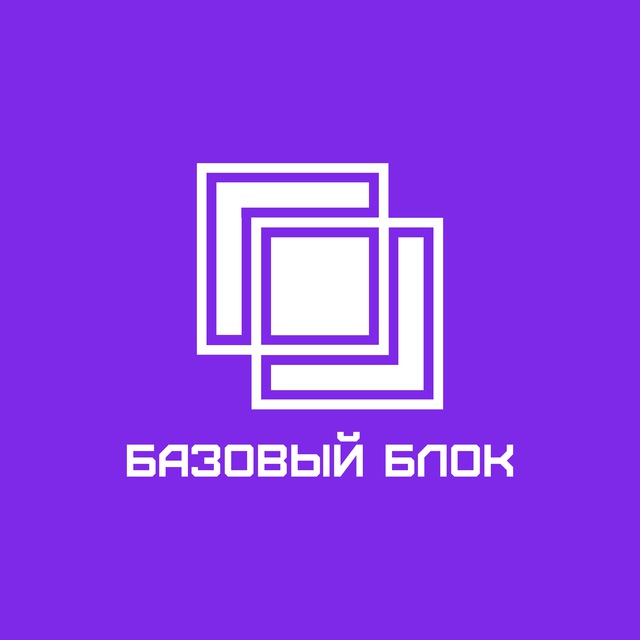IS
Transaction rate: The Ethereum blockchain protocol has a transaction rate of around 10 tx/s.
ZILLIQA is currently 250 times of that.
Consensus: Ethereum uses PoW for consensus, ZILLIQA uses pBFT for consensus. PoW in
ZILLIQA is used only to establish identities to prevent Sybil attacks. Once identities are established, the network can reach consensus on several blocks in a row. This makes PoW more
efficient as a new PoW is not required per block as in Ethereum.
Smart contracts: ZILLIQA will also be different from Ethereum in terms of smart contracts. The basic difference comes from the fact that ZILLIQA’s underlying smart contract language will not be Turing-complete.
Finality: ZILLIQA’s consensus protocol gives finality. This means that no confirmation is required. This is different from PoW-based consensus in Ethereum where temporary forks can occur and hence a certain number of confirmations are required to have a cushion against double
spends.
Scalability: Ethereum is exploring how to do PoS securely and effectively in its future versions.
ZILLIQA takes a different approach with sharding for an accelerated path to scalability. We will try to be compatible with Ethereum wherever possible wrt mining, smart contract language, etc.
Mission: ZILLIQA has a specific mission to support high-throughput dApps that need to leverage
the properties of a blockchain: openness, accountability, and transparency, etc. ZILLIQA will focus on supporting those dApps requiring high throughput or high volume. Some of the
existing dApps on Ethereum may benefit from ZILLIQA, but we do not expect those to be the
majority.





